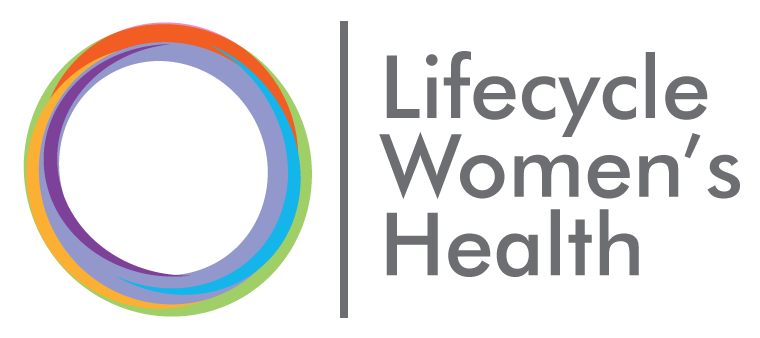Everyone is entitled to menopause informed care
Okay, I am on a menopause rant again
It is never too late or too early to talk about menopause. The problem is that often menopause as a life event rarely gets discussed at all. Not by health care providers. Not by individuals who are experiencing the transition. Other than the ubiquity of misogynistic memes and disparaging jokes, menopause is a non-entity.
Why is this period of life steeped in so much shame? Why is there a code of silence around menopause? While the transition to puberty my not be extolled as a great honor, and truly not celebrated as it should, most people are prepared for it. They know what to expect. Young female-identified people know they will grow boobs, get acne, and menstruate. Male identified people expect facial hair and body odor. Parents talk to their kids about these changes. Health care providers ask about changes at annual appointments.
Who prepares people for menopause?
Unfortunately, there are only a handful of health care providers who integrate menopause information into the care they give. I, for one, was never asked about menopause symptoms or given guidance on what to expect. It was not until I was at the ripe old age of 58, almost a decade since my final menstrual cycle had passed, that menopause was discussed at an appointment because I BROUGHT IT UP!
This is a health care travesty and a human rights injustice. Disregarding menopause is a missed opportunity for providing better health outcomes in the years to come. While it is never too late to talk about menopause, the best time to start thinking and integrating later life, or menopause concepts, into your life is when you start perimenopause, which are hormonal changes that occur anywhere from two to 12 years prior to your final menstrual period.
Menopause is defined as a life event that begins after 12 months of being menstruation free due to natural causes or after a surgical procedure that involves the removal of your ovaries. Once this happens you are menopausal for the rest of your life.
It does not mean that you will experience overt symptoms. Most of the symptoms that we associate with menopause: hot flashes, night sweats, brain fog, memory lapses, mood swings, vaginal dryness, changes in your libido; start happening way before menopause officially begins. This earlier period is known as perimenopause. This is the ideal time to start talking with your health care provider about lifestyle modifications and treatment options that may be appropriate for you.
Most of the symptoms I mentioned above do dissipate within a year or two after menopause starts. However, the lingering and progressive effects of hormonal changes and age can continue to affect your bones, brain, urinary system, heart, and vagina. Deleterious consequences of aging can be thwarted or ameliorated with the proper information and guidance.
It is my commitment toward social justice, people’s right to knowledge and access to quality healthcare that motivates me to lift the veil and spread the word about menopause. I feel I am on a menopause crusade. Right now, at this very moment, there are millions of people experiencing perimenopause and menopause. Many of them are having symptomatic, even debilitating health care issues and do not understand the ramifications of their symptoms or do not have a place to go for help. Many of these symptoms could be avoided if we start talking about menopause and start normalizing the process in both the health care setting and in our culture.
Thinking of my sons’ transition to puberty, I did not ignore it, as much as I wanted to at times (yes, every mother of teenagers would love to find a rock to crawl under or a way to be extricated from the turbulent environment that only a teenager can create every now and then). I taught them about soap, condoms, and dental floss. I informed them about the implications of their changing bodies, and how to stay healthy and safe. And their health care providers also delivered anticipatory guidance in the best way they could, given a health care system that does not value preventive care. But in a 20-minute annual visit, they did what they could.
Unfortunately, knowledge about menopause is not passed down from parent to child in the same manner that puberty is. And older siblings and friends rarely talk. So how is one to learn?
The reality is that women spend more time in menopause than they do in other life stages. This is not a scary time. It is not the end of your life. It is a time that can possibly be the best time of your entire existence.
How can menopause informed care be promoted?
It requires a commitment from the health care industry. It requires more time during appointments. It also requires recognizing that women are valued beyond their capacity for reproducing. This is how you help people have a better quality of life. This is what I am committed to doing at Lifecycle Women’s Health.
Thank you for reading this.
Susan Kamin is a certified nurse midwife and a sexuality health counselor. After many years of helping people give birth and be born, she is now providing personalized integrative well women care at Lifecycle Women's Health in Readfield and Brunswick, Maine. She sees people across the lifespan with a focus on care during midlife/menopause and sexual health. She enjoys sharing her wisdom in the hopes of helping people find pleasure, knowledge, and empowerment in their bodies as they go through all of life's transitions.







